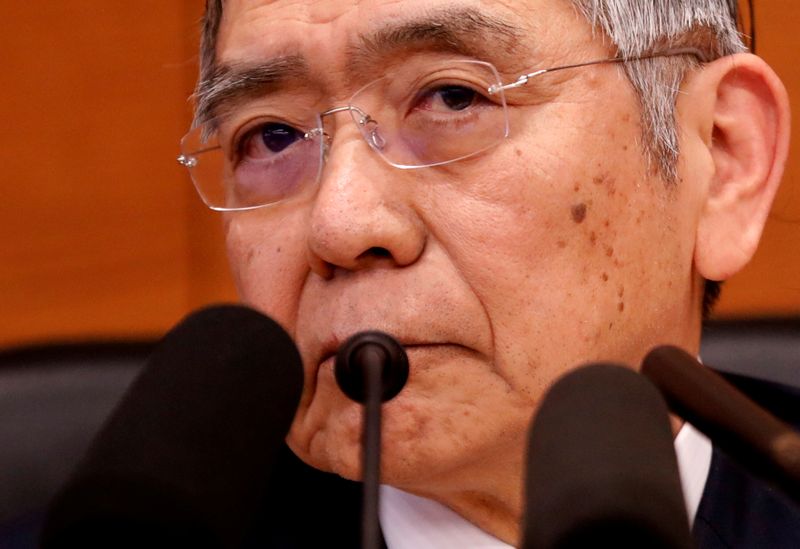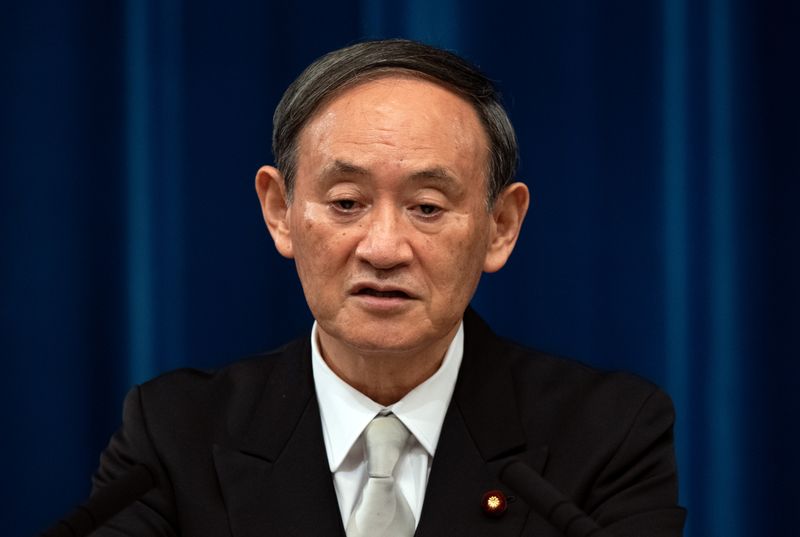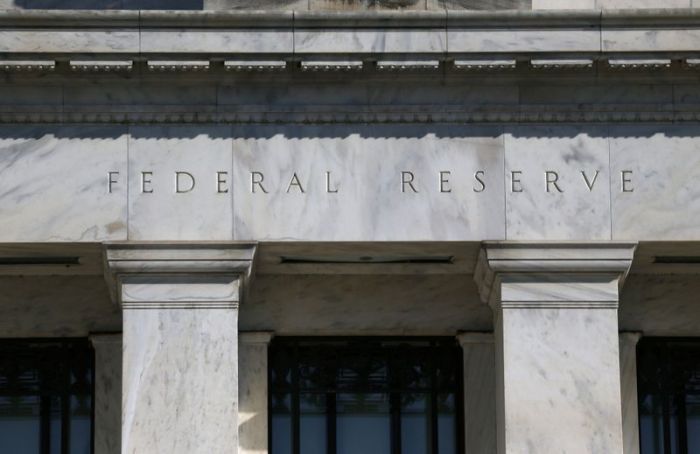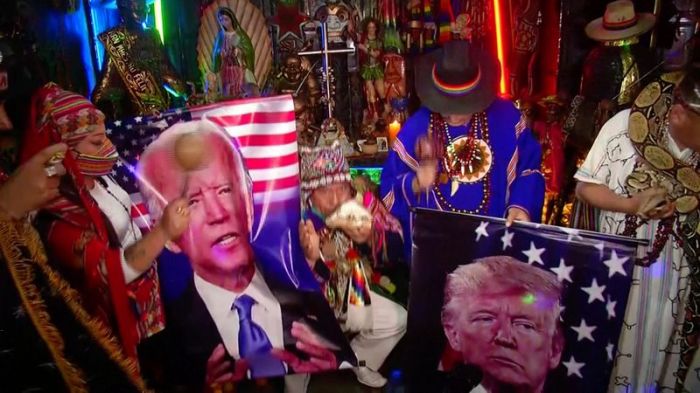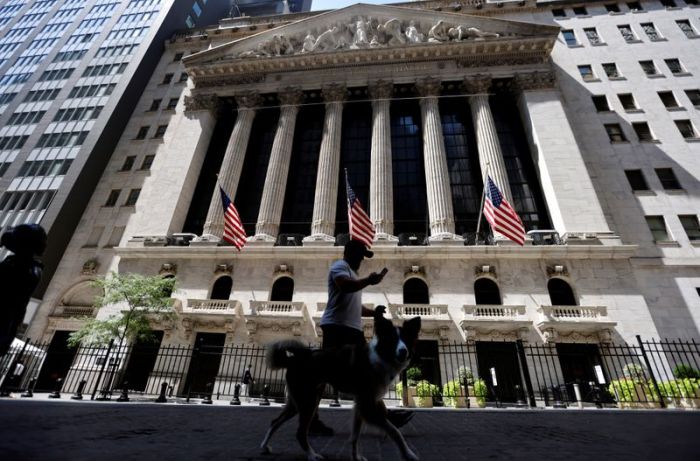TOKYO (Reuters) – The Bank of Japan will monitor not just inflation trends but job growth in guiding policy, its governor Haruhiko Kuroda said, signalling the BOJ’s readiness to ramp up stimulus if job losses from the coronavirus crisis heighten the risk of deflation.
With the immediate hit from the pandemic easing, the central bank kept monetary policy steady earlier on Thursday and upgraded its view on the economy to say it was starting to pick up.
But Kuroda said the BOJ would work closely with new Prime Minister Yoshihide Suga’s administration to shield the economy from the pandemic’s pain including by loosening policy further.
The remark echoes that of Suga, who was officially elected prime minister on Wednesday, that protecting jobs was a top priority of his administration.
“Our foremost target is our inflation goal. But we obviously are also striving to achieve healthy economic growth, including job conditions,” Kuroda told a news conference.
“Just because inflation isn’t moving much, that does not mean we will not deploy additional monetary steps. We will of course consider additional easing steps if factors, such as jobs and demand, affect price moves negatively,” he said.
Kuroda’s remarks also come after the U.S. Federal Reserve’s recent pledge to do more to create jobs and its commitment on Wednesday to keep interest rates near zero until inflation is on track to overshoot its 2% target.
“What’s worrying the BOJ most must be the prospects of a prolonged easing by the Fed, which will exert downward pressure on the dollar, causing the yen to rise,” said Masaki Kuwahara, senior economist at Nomura Securities.
“Given the bleak economic situation, further easing may be needed, but the BOJ has pretty much exhausted its policy tools.”
WON’T LEAVE EARLY
As widely expected, the BOJ maintained its -0.1% short-term interest rate target and a pledge to cap 10-year bond yields around zero. It also made no major tweaks to its asset-buying and lending schemes for easing corporate funding strains.
“Japan’s economy remains in a severe state but has started to pick up as business activity gradually resumes,” the BOJ said. That was slightly more upbeat than its view in July, when it said the economy was an “extremely severe state.”
Japan suffered its biggest economic slump on record in the second quarter as COVID-19 hit demand, reinforcing expectations inflation will remain well below the BOJ’s 2% target for years.
The BOJ has long detached its policy moves from the price goal, as years of heavy money printing failed to fire up inflation and hurt commercial banks’ profits.
“Inflation is falling sharply across the globe. There’s a chance prices in Japan will start falling,” Kuroda said.
With the public’s attention turning to a worsening job market, BOJ Deputy Governor Masazumi Wakatabe said earlier this month the central bank may need to focus more on jobs in debating policy.
Analysts expect no major change to the relationship between the BOJ and an administration led by Suga, who spearheaded his predecessor Shinzo Abe’s strategy to revive the economy with bold monetary and fiscal measures.
Kuroda rejected speculation he might not serve his remaining term until 2023, due to the departure of Abe, who apppointed him.
“I have no intention of resigning before my remaining two-and-a-half-year term ends,” he said. “But I shouldn’t say too much about the future.”
(Editing by Sam Holmes and Jacqueline Wong)

